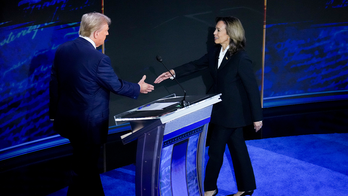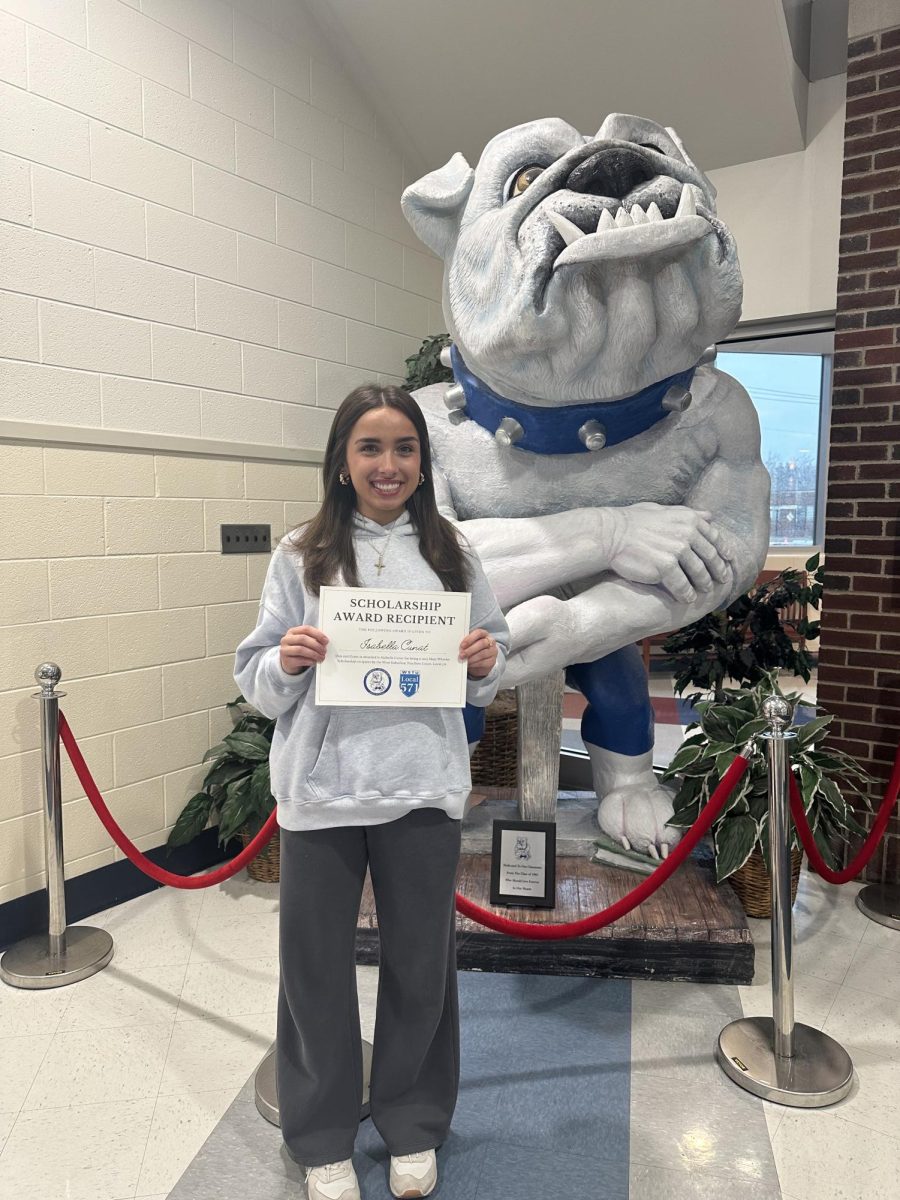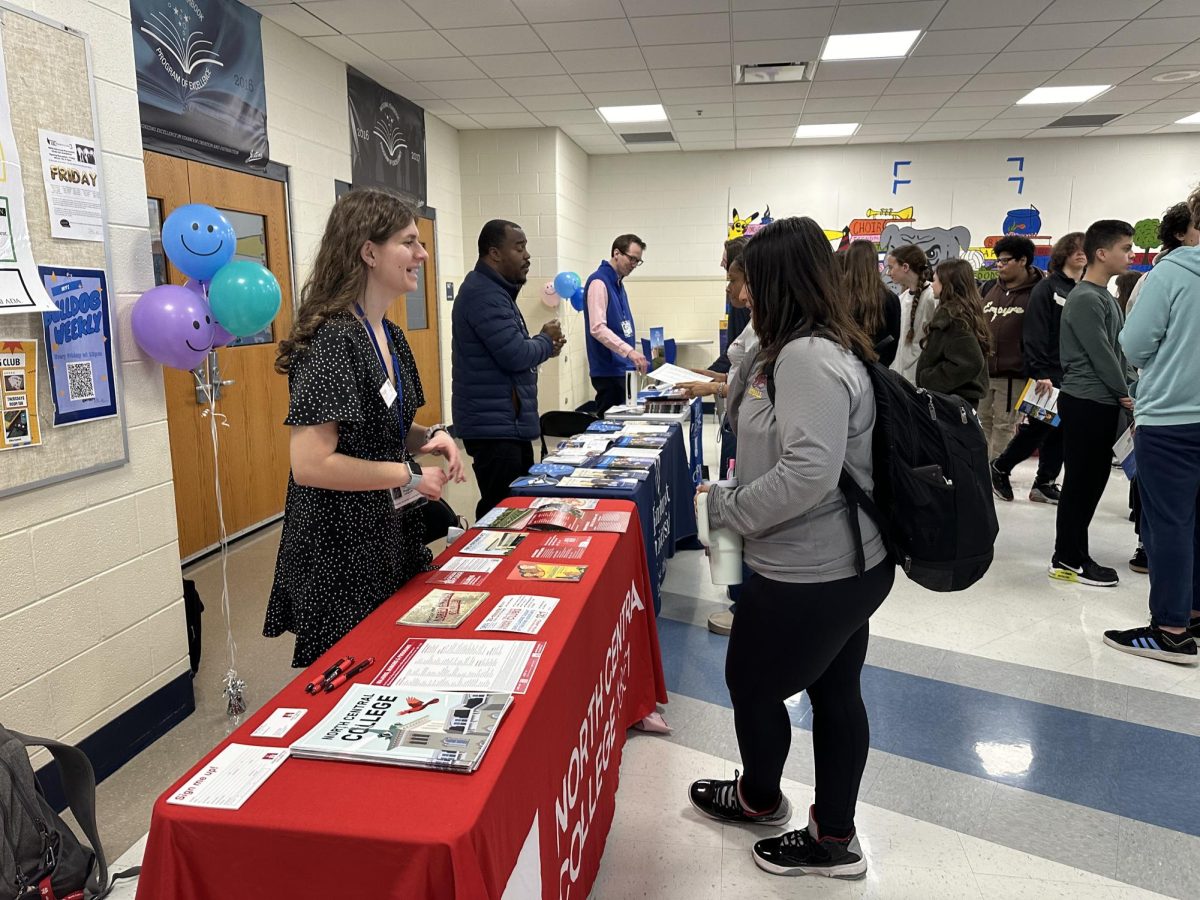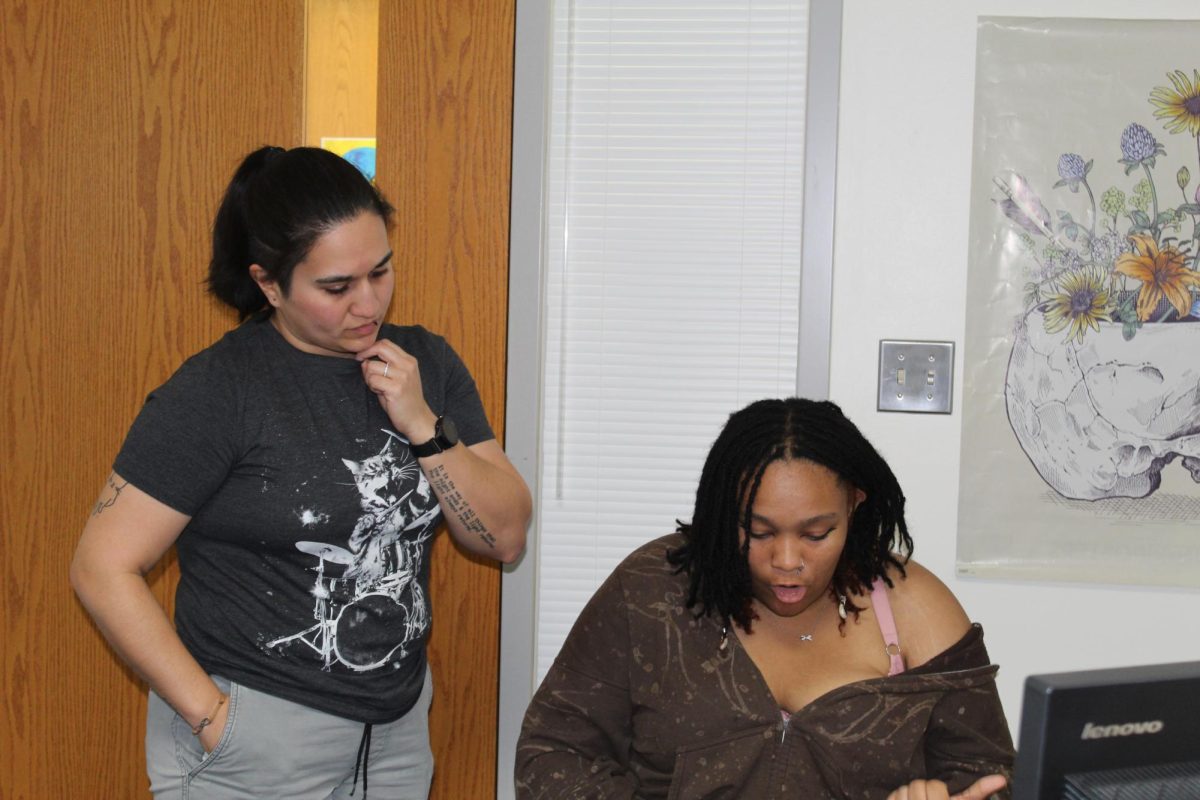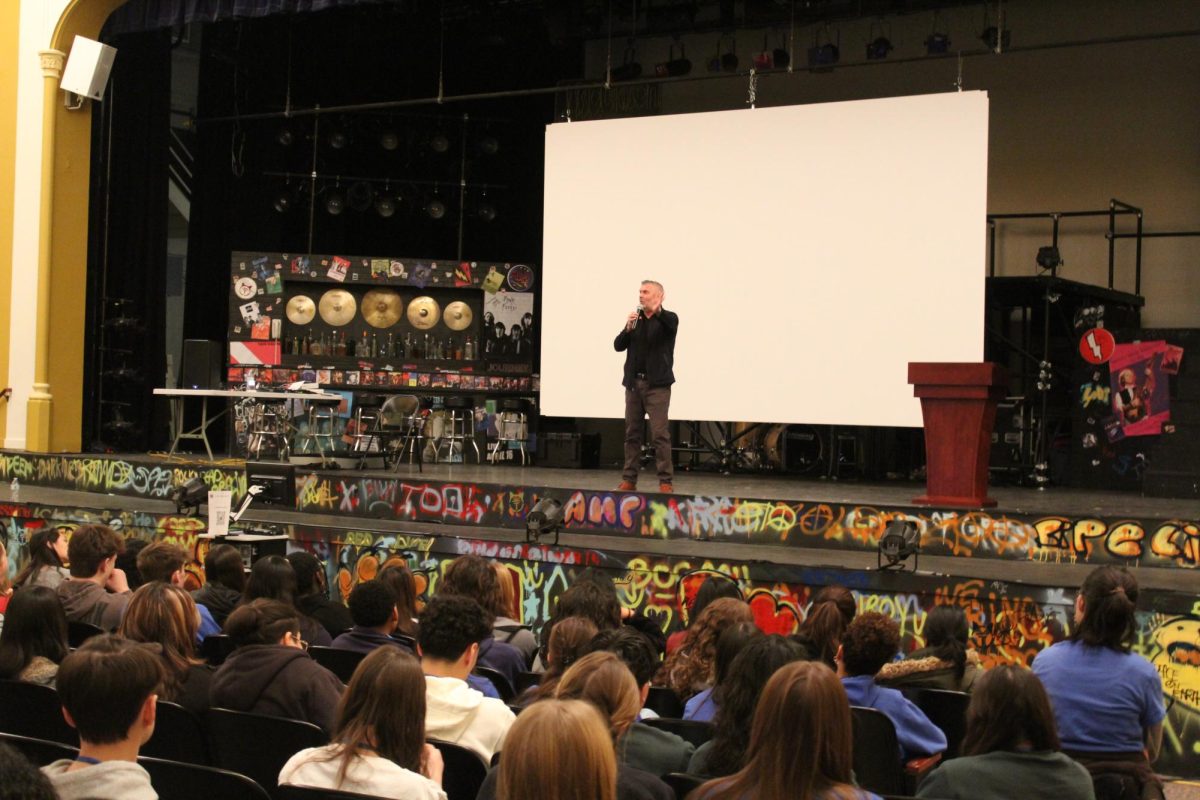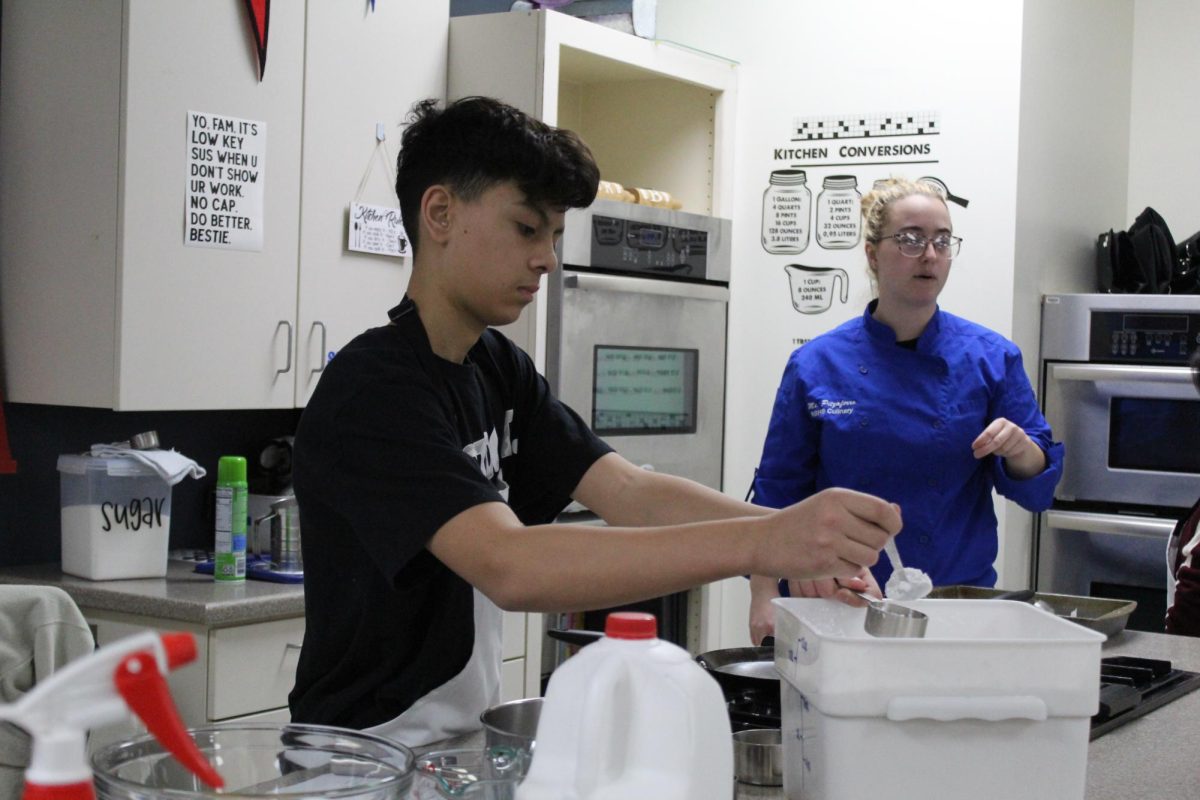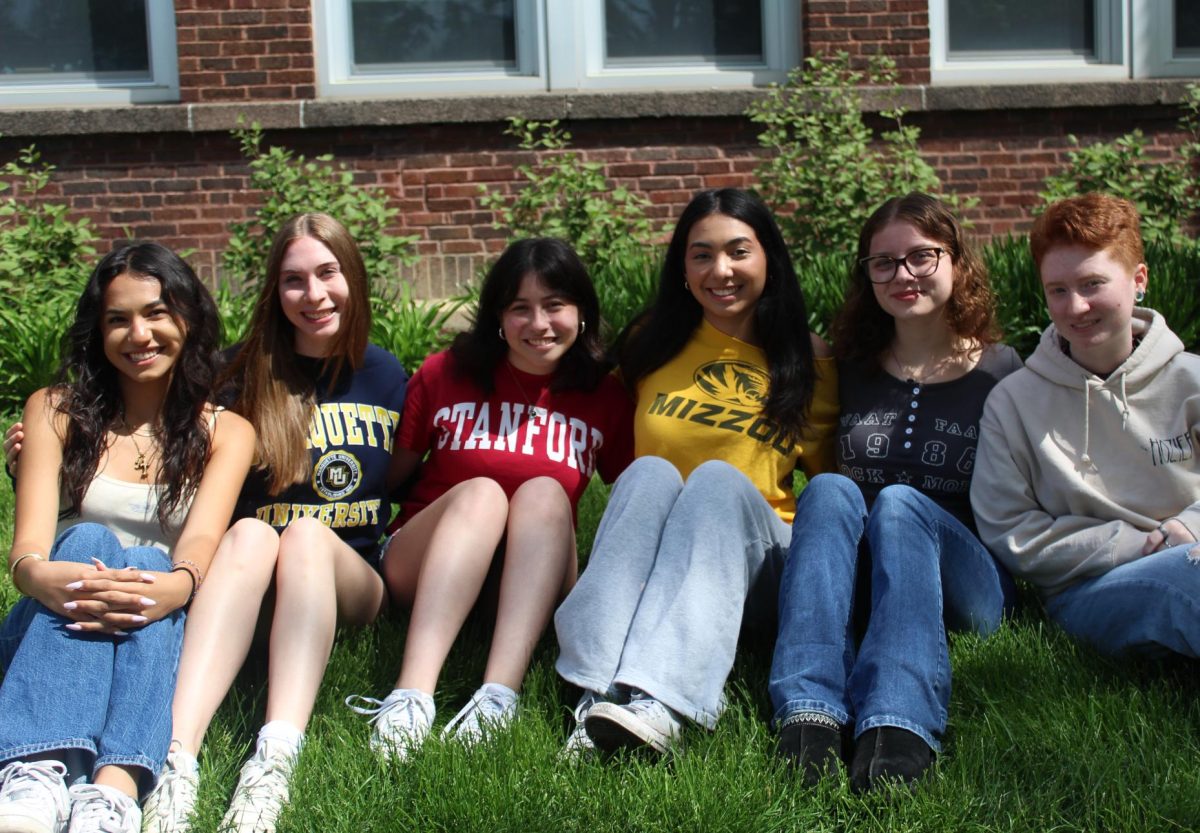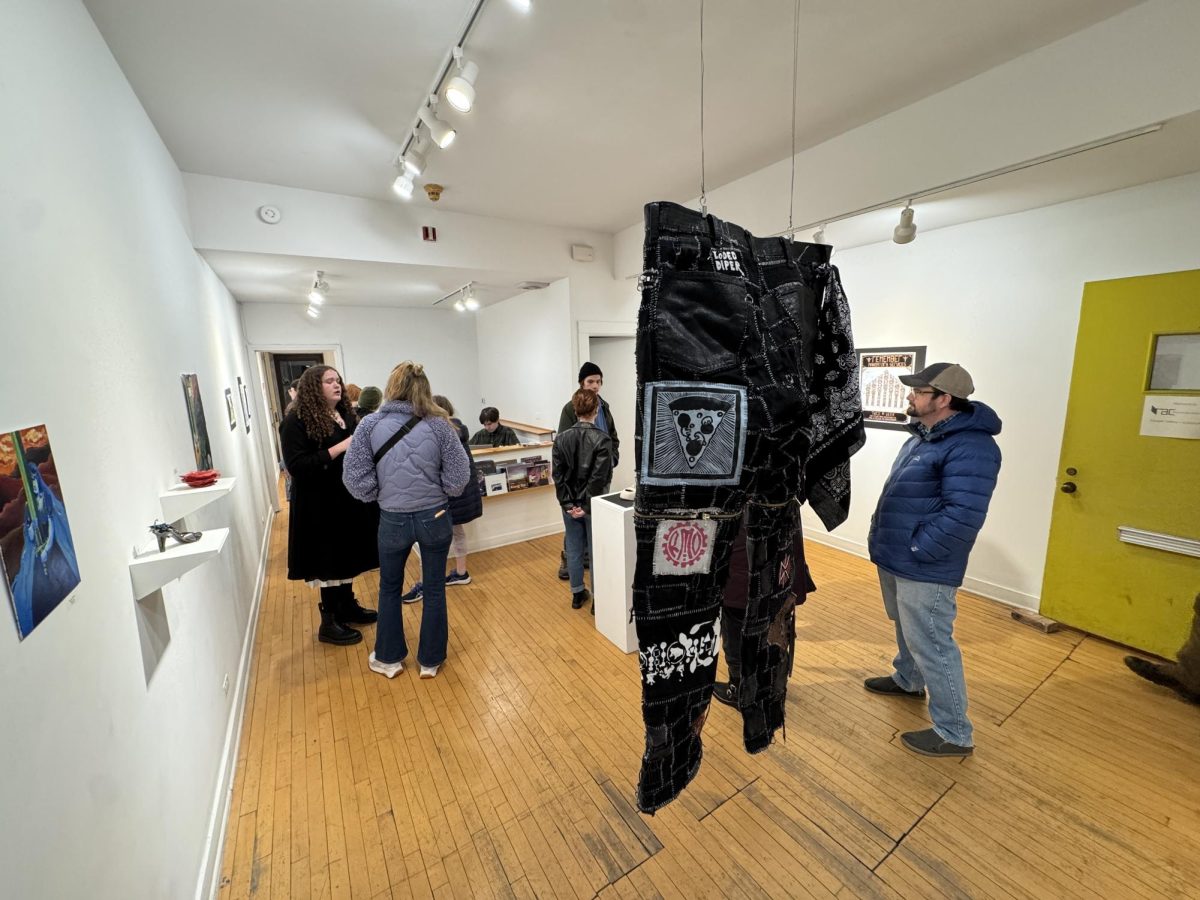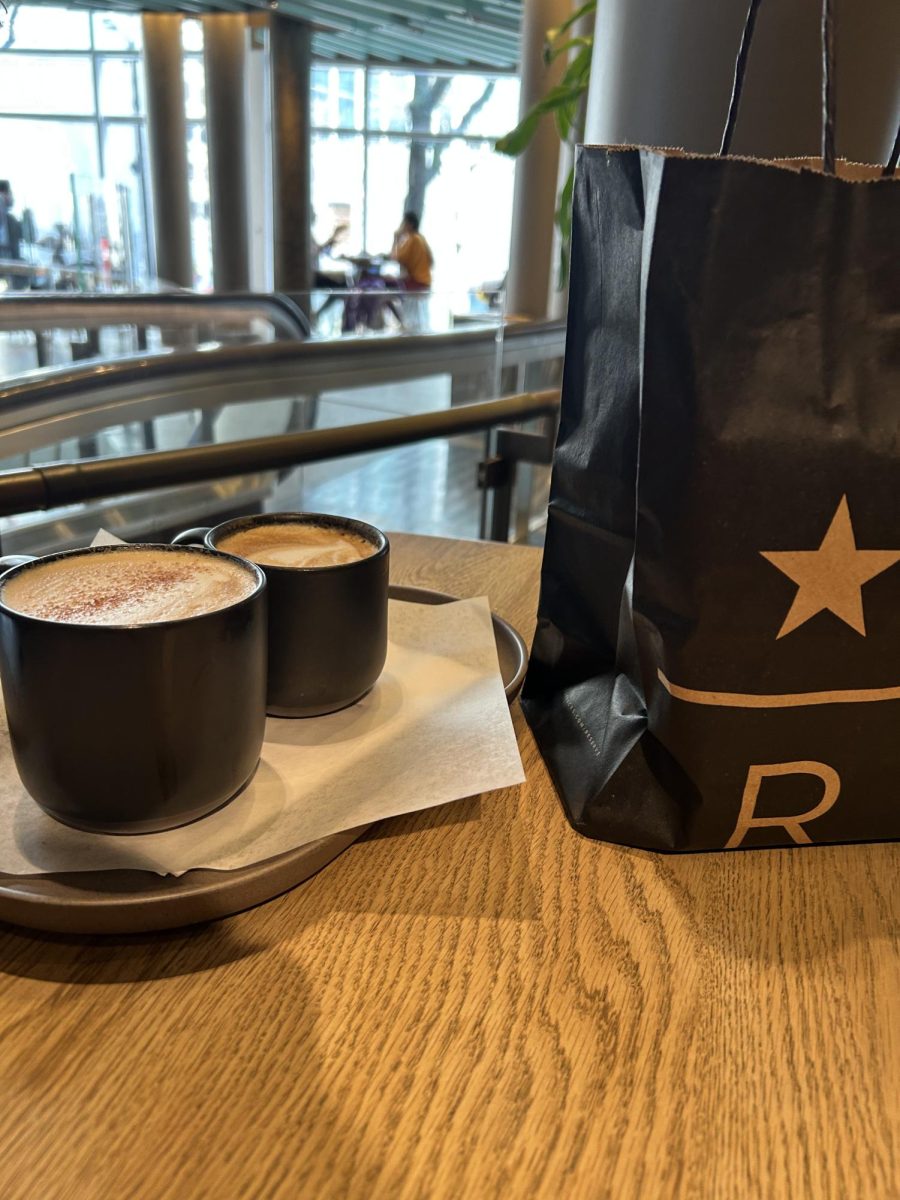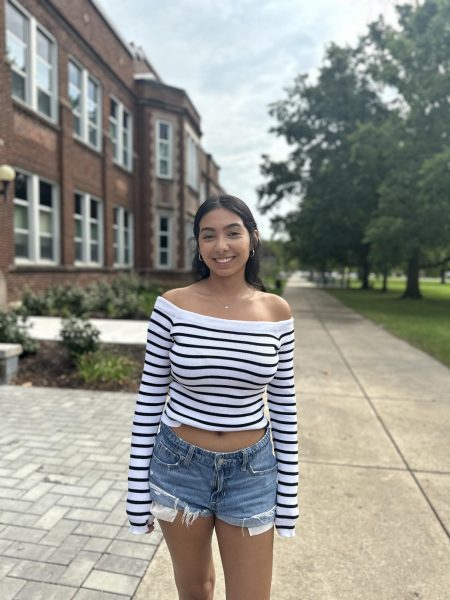On Tuesday, September 10, Vice President Kamala Harris and former President Donald Trump took the stage in Washington D.C. for their first presidential debate. Having been seven weeks since President Joe Biden ended his bid for re-election, following much criticism from fellow democrats, Harris took the reins as the new democratic nominee who will face the former president on November 5. As Riverside Brookfield High School students begin to register to vote and learn more about the candidates they must choose from, many RB students and faculty members have ranging perspectives regarding this tense race for the White House.
The debate, which was hosted by ABC news and moderated by David Muir and Linsey Davis, captured an intense battle between the two candidates regarding their personal beliefs, plans for their campaign, and even personal insults. The two-hour debate covered hot political topics such as immigration, abortion, the economy, healthcare, and more. Many of the candidates’ views on those specific policies can influence the election results; swing states are expected to be as vital as they were in the 2020 election.
As the election is now eight weeks away, tensions have begun to build around the two presidential candidates. Not only are students anxiously awaiting election day, but staff as well. John Fields, a AP U.S. History and sociology teacher, stresses the division that the debate resembled.
“This debate definitely reflected the differences that Americans have,” Fields said. “There was a stark contrast in candidates, so I think those reflected two different sides of America. At the same time, though, I feel like there are a lot of people who don’t identify as democrat or republican who may have felt like ‘Where do I fit in?’ in this.”
Stemming from the historical 2020 election which led to events such as the January 6 attacks on the capital by Trump supporters, many see this current race to hold similar stakes in comparison to four years ago, with issues such as abortion in the hands of the voters across the states. As RB students begin to register to vote for the upcoming election, Fields stresses the importance of research and validity.
“Looking at news sources, looking at the platforms of both candidates, [and] seeing where they come out on the issues [is very important],” Fields said. “The problem with the debate is that neither candidate really specifically answered any questions. They kind of just did their talking points, so trying to research what they actually believe I think is really helpful, but also at the same time looking at credible sources when doing so.”
Claire Burdett, a junior at RB, described how the topic of tariffs in the Middle East, which was brought up during the televised debate, was one issue she is particularly concerned about, and hoped that one of the candidates would have an answer to the moderators’ questions.
“Tariffs on the Middle East and Iran’s access to power are very important to me knowing the situation with the Israel-Hamas war in the Middle East,” Burdett said. “I was really disappointed because both sides basically stated that they wanted the war to end, which doesn’t get us anywhere because obviously we all want the war to end. We need policymakers to grant us solutions [rather] than [have] an emotional appeal.”
Henry Hall, a sophomore at RB, viewed the debate as a presentation of both of the candidates rather than a productive political discussion. While there were many topics of discussion during the debate, Hall viewed the long-term issues of fracking to be the most important to him.
“I think that [fracking] is an important topic and one that doesn’t get discussed enough because we are so focused on the now, but in 50 years that’s going to be more important than whatever is happening now,” Hall said.
Burdett also participates as an election judge who ensures that the electoral process is being administered fairly and in coordination with state and federal laws. Burdett viewed the debate as less of a debate and more of a name-calling game.
“I felt like most of the talk was less about policy and more about personal attacks,” Burdett said. “It felt frustrating knowing that the argument was more focused on personality [and] attacking the other’s background rather than discussing real-world issues.”
As the election approaches, many begin to wonder what the outcome of the election will hold. While many have the option to voice their opinion on a candidate and their views, the most important part of the election process is the right to vote.
“Even though sometimes it feels like it’s not, your vote is your voice, so it’s really important,” Fields said. “Not enough people vote, and I think the candidates we get is a reflection of the millions of Americans who chose not to vote, so I think encouraging students to vote, encouraging them that it matters that they vote, gives them a voice and a choice. In a lot of countries, elections aren’t fair, or you can’t vote, so it’s important that you use that privilege.”

